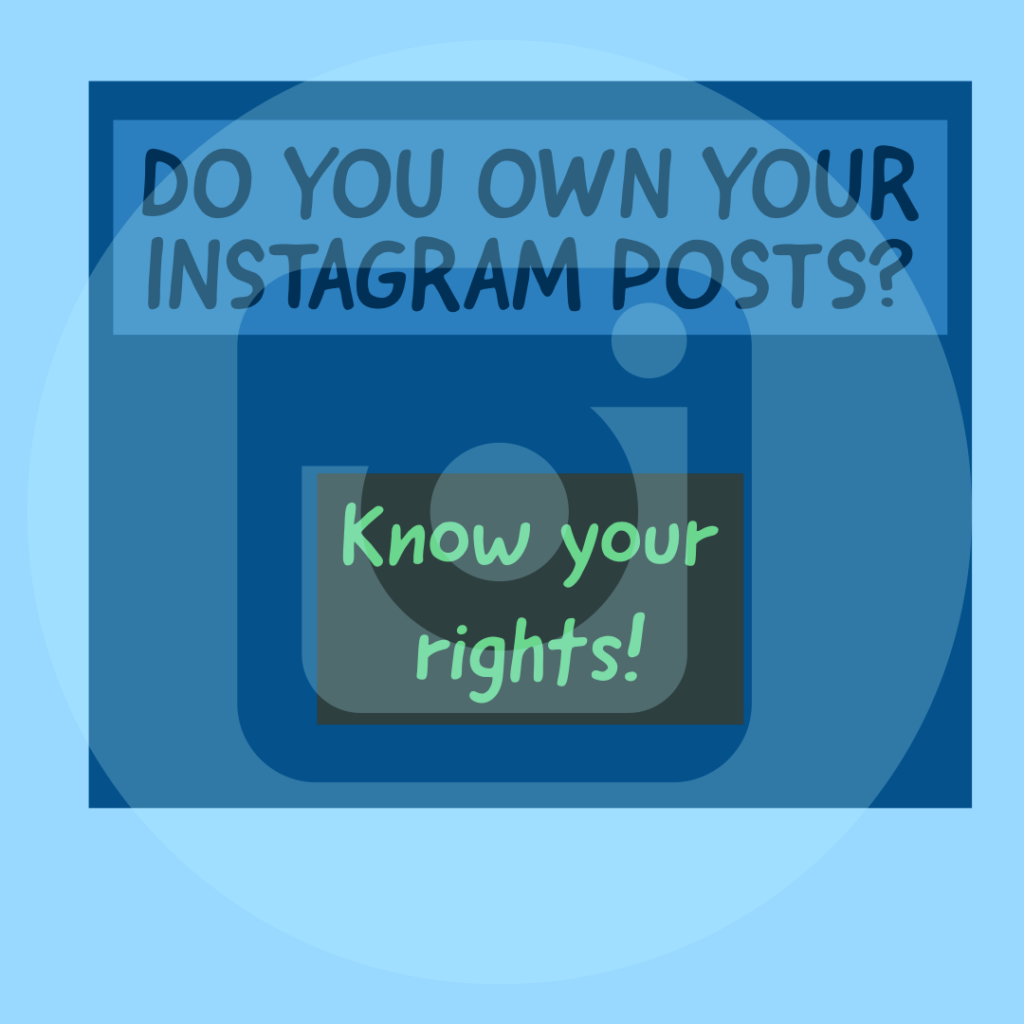
The traditional understanding of copyright no longer holds good for the artistic/literary content created on digital platforms like Instagram. These contents can be commercially very beneficial to the up and coming artists and other content creators. This article will analyse the ways in which Instagramers can secure their potential works on third party platforms like Instagram.
When individuals and organisations decide to use services offered by Instagram they automatically agree to terms of use and are governed by Facebook Inc. Specifically, there are few terms and conditions an instagramer needs to be aware of while posting photos and music online through the app.
Copyright Ownership on Instagram
Firstly, Instagram acts as a filter for unauthorised content and automatically removes the postings of music or videos belonging to someone else unless you have appropriate license to use the same. On the other hand when you directly post your content online, you do not give up your ownership to Instagram but enter into an agreement to grant them a license to use it. In layman terms Facebook Inc has a royalty free right to use , transfer, sub lease your work, modify, distribute, perform, host worldwide, create derivative works without your permission by merely uploading your work On their website live and public..
What do courts have to say?
A copyright infringement case was filed by a photographer at the Souther District Court of New York against the publication Mashable for embedding one of her pictures through Instagram after she denied to provide license. Initially, the case was dismissed as the court held that the Instagram Platform policy allows the company to grant sub license to third parties as long as its live and public on Instagram website. In an interesting turn of event the case has now been re-opened as a subsequent development after Instagram went public and announced that “While our terms allow us to grant a sub-license, we do not grant one for our embeds API.” We have to wait and see how this interesting cases turns out. The court has re-opened the case on the basis that pleadings contain insufficient evidence to show that Instagram sub-licensed the photograph. This might lead to better/clearer policies on the platform to protect the content owners.
What can you do?
You have an option to end the license by deleting the post or account but the content once shared will remain in third party accounts but these platform continue to remain a strong foundation for influencers. Hence, Instagramers should be aware of what they will be giving up before choosing a sole third party medium to showcase and publish their content online.
One can keep your account private for starters and Instagram platform can be used to share links to your website where you can safely publish your whole work rather than retaining the whole content on it. Stricter control over who can share your posts will also be prudent. Instagram may not use your work commercially as they might lose customers but the agreement remains nevertheless.
